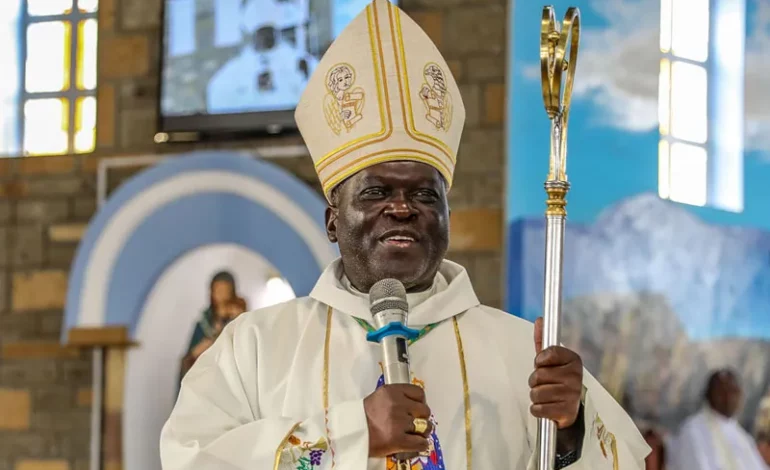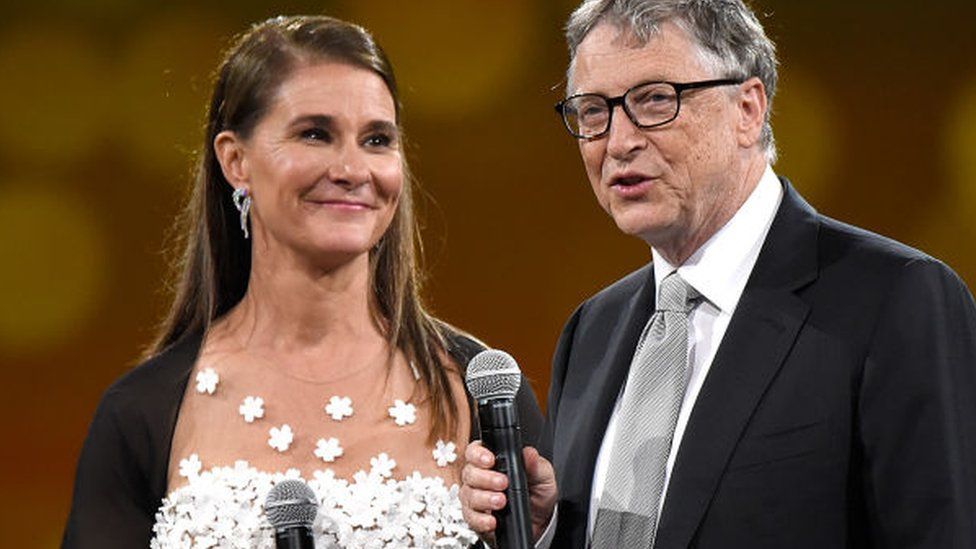Catholic Church Reaffirms Stance against Political Donations

The Catholic Archdiocese of Nairobi, under the leadership of Archbishop Philip Anyolo, issued a statement on November 18, 2024, reiterating its commitment to the Kenya Conference of Catholic Bishops (KCCB) directives on political donations to the Church.
The KCCB had previously issued a statement on 14th November 2024 which had been read across Nairobi parishes on Sunday, November 17, firmly discouraging accepting monetary contributions from politicians, citing ethical concerns and the risk of compromising the Church’s spiritual independence.
The new statement from the office of the Archbishop has highlighted concerns over the misuse of church platforms for political promotion, urging politicians to avoid turning religious gatherings into arenas for political rhetoric.
“The Church is called to uphold integrity by refusing contributions that may inadvertently compromise its independence or facilitate unjust enrichment,” the Archbishop’s statement noted, emphasising that the Church should remain a neutral entity focused on spiritual growth and community welfare.
The announcement comes in the wake of increasing scrutiny of political donations amidst debates on transparency and ethical governance.
In particular, donations made during a fundraiser at Soweto Catholic Church on Sunday have been deemed contrary to the Public Fundraising Appeals Bill of 2024.
The contributions included donations of KSh 200,000 and KSh 600,000 from Nairobi governor, Sakaja and President Wiliam Ruto respectively. The contributions altogether were directed to the Parish choir and the Parish Missionary Council (PMC); and the additional KSh 2 million for the construction of the Father’s house.
Anyolo’s statement has, however, directed that the donations be refunded back to the respective donors, consequently declining the President’s promised additional KSh 3 million donation for the construction of the Father’s house as well as donation for a parish bus.
The KCCB’s position is driven by a broader concern about political leaders using donations to advance personal agendas or mask governance failures.
The Church has called on politicians to prioritise addressing critical national issues such as healthcare challenges, corruption, and economic inequalities, rather than leveraging religious institutions for self-promotion.
This stance is not new; the Catholic Church has long opposed the politicisation of its operations, citing the need for transparency and the separation of faith from political interests.
”Politicians are most welcome to attend church for their spiritual nourishment, but they are encouraged to do so as ordinary Kenyans, without leveraging their positions for political gain,” the statement concluded.







